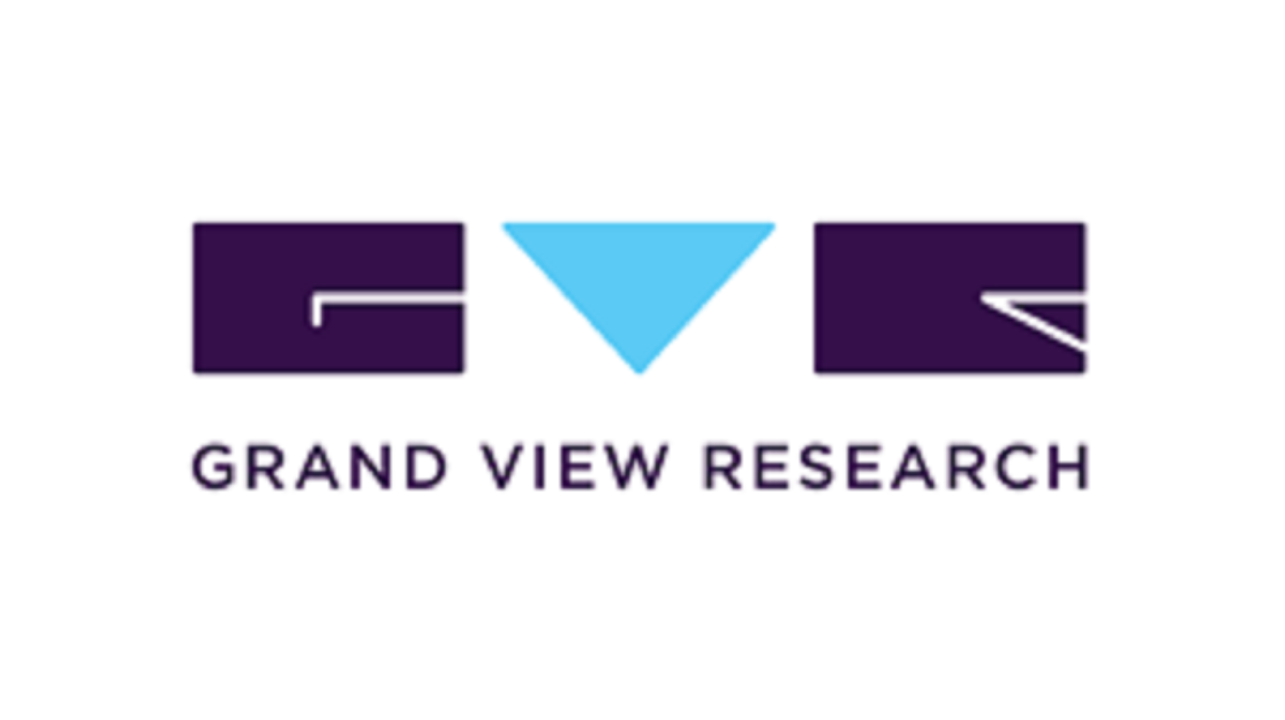Food businesses wanting to manage risk, enhance their financial performance, adhere to financial regulations and underpin their brand reputation in the vegan cheese industry have banked on ESG. Companies that shun ESG factors may grapple with reputational damage; recent years have witnessed an increasing preference for sustainability fueled by heightened awareness of environmental and social issues. Plant-based cheese has grown mainstream as cheesemakers witness rising diet acceptance and a surge in dairy-free food vloggers.
An emphasis on sustainable sourcing, treatment of employees, climate change, pollution and internal and external governance can have an overarching influence on long-term financial performance. Animal products, like dairy, notably impact the environment. Consumption of 30g of cheese per day annually can lead to 352kg of GHG emission per year, akin to driving a petrol-fueled car close to 900 miles, notes BBC.
Consumers are counting on the vegan culture to reinforce sustainability. However, investment in products with negative social externalities can be written off. Employees’ satisfaction has a positive correlation with shareholders’ returns. A strong ESG performance will muster up the confidence of employees and workers, boosting productivity.
Is your business one of participants to the Vegan Cheese Industry? Contact us for focused consultation around ESG Investing, and help you build sustainable business practices
Upfield Navigates Environmental Impact
The environmental factor has garnered huge headlines, with dairy-free alternatives witnessing a proliferation in demand. Upfield-owned Violife, for instance, reportedly has less than 50% of the climate footprint vis-à-vis dairy cheese (of the same amount). Besides, the company claims its products use less than one-third of the land compared to dairy cheese. Upfield is contemplating eliminating 95% of plastic content from all its packaging and communicating the upsides of plant-based food through labeling carbon emissions on around 500 million packs by 2025. The Dutch food company has set an audacious goal of achieving net zero by 2050 and is committed to being 100% plant-based by 2025.
Daiya Foods Integrates Socially Responsible Practices
An invaluable part of corporate strategy has been a commitment to community, employees, health (emotional wellbeing, social wellbeing and physical wellbeing) and nutrition. Notably, Daiya’s donation to the Kingdom Acts Foundation has helped serve dietary-specific food to families across Vancouver. Furthermore, the food brand’s collaboration with FoodMesh has leveraged donations of 138,872 kg of food and saved 358,291 kg of CO2e emissions. The company asserted that it is poised to be a BCorp-certified organization—a designation for businesses that meet high standards of transparency, accountability and performance on charitable giving, employee benefits, input materials and supply chain practices.
Kraft Heinz Invests in Good Governance for Sustainable Future
Good governance is indispensable for brands striving to be role models in the plant-based food industry. The board’s competency and diversity, along with investments in transparency, ethics & compliance, can shape the company’s outlook. The Board of Directors at Kraft Heinz oversees its ESG objectives and frameworks on matters, such as animal welfare, climate change, social issues, nutrition and wellbeing.
The ESG team spearheads the ESG Steering Committee engaging with major stakeholders, including community leaders, customers, consumers, employees, stockholders and NGOs. The U.S.-based company updates its ESG materiality assessment with a cloud-based AI software platform to underscore its sustainability strategy. The multinational food company provides ethics and compliance training to its employees on whistleblowing, conflict of interest, due diligence and IT security factors.
As plant-based food witnesses a tectonic shift, more sustainable, affordable and healthier vegan products could be at the heart of cheese manufacturing. Leading players are championing their strategies to propel the penetration of dairy-free alternatives. The growth outlook is strong: Grand View Research inferred that the global vegan cheese market stood at USD 2.43 billion in 2021 and could observe a 12.6% CAGR between 2022 and 2030. Factors, such as responsible sourcing, environmental stewardship and adoption of socially responsible business practices (with transparency) will bring good governance to life.
Browse more ESG Thematic Reports from the Consumer Products Sector, published by Astra – ESG Solutions
About Astra – ESG Solutions By Grand View Research
Astra is the Environmental, Social, and Governance (ESG) arm of Grand View Research Inc. – a global market research publishing & management consulting firm.
Astra offers comprehensive ESG thematic assessment & scores across diverse impact & socially responsible investment topics, including both public and private companies along with intuitive dashboards. Our ESG solutions are powered by robust fundamental & alternative information. Astra specializes in consulting services that equip corporates and the investment community with the in-depth ESG research and actionable insight they need to support their bottom lines and their values. We have supported our clients across diverse ESG consulting projects & advisory services, including climate strategies & assessment, ESG benchmarking, stakeholder engagement programs, active ownership, developing ESG investment strategies, ESG data services, build corporate sustainability reports. Astra team includes a pool of industry experts and ESG enthusiasts who possess extensive end-end ESG research and consulting experience at a global level.
For more ESG Thematic reports, please visit Astra ESG Solutions, powered by Grand View Research

